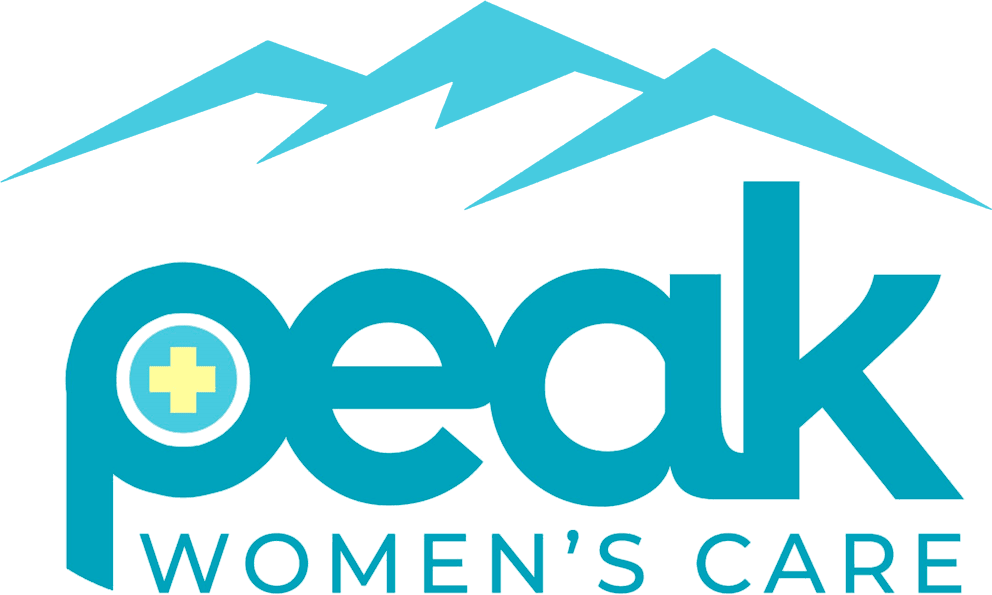Abortion is a life-changing choice, and it’s critical to learn all you can about how abortion works and the risks involved to protect your health.
Before choosing abortion, read on to learn the essentials you need to know. While Peak Women’s Care does not provide or refer for abortion, we believe you deserve to be informed, which is why we provide medically accurate information about abortion.
Or, if you want to talk to someone in person about abortion and your other pregnancy options, contact us today to schedule a free Options Consultation.
Medical Abortion (the “Abortion Pill”)
Medical abortion, also known as the “abortion pill,” involves taking two powerful drugs at home.
The first drug, mifepristone, blocks the hormone progesterone, which ultimately terminates your pregnancy.
Misoprostol is taken next, and it causes your uterus to cramp and expel the pregnancy.
After taking the abortion drugs, you will experience abdominal cramping and bleeding. For some women, this can feel as painful as actual labor. You might also experience the following risks:
- Incomplete abortion, which may need to be followed by surgical abortion
- An ongoing pregnancy if the procedure doesn’t work
- Heavy and prolonged bleeding
- Infection
- Fever
- Digestive system discomfort
The abortion drugs are only FDA-approved if your pregnancy is 10 weeks gestation or under. If your pregnancy is further along, or if you meet any of the following criteria, you are ineligible for the abortion drugs (and taking them puts your health at risk):
- Your pregnancy is further than 10 weeks gestation.
- Have a suspected ectopic pregnancy.
- Have certain medical conditions, including bleeding disorders; certain heart or blood vessel diseases; severe liver, kidney or lung disease; or an uncontrolled seizure disorder.
- Take a blood thinner or certain steroid medicines.
- Can’t make follow-up visits to your provider or don’t have access to emergency care.
- Have an allergy to the medicine used.
Surgical Abortion
Surgical abortion is performed in a medical setting. The procedure involves dilating your cervix so that medical instruments can enter your uterus to terminate and remove the pregnancy. This process can involve scraping tools and strong suction.
The risks associated with a surgical abortion include:
- Uterine perforation (which is when one of the medical instruments pokes a hole in your uterus)
- Uterine scarring (which can cause painful periods or future infertility)
- Cervical damage
- Infection
How to Protect Your Health
If you’re considering abortion, it’s vital to learn key details about your pregnancy and have all the information you need to make an informed decision and protect your health.
At Peak Women’s Care, early, limited ultrasounds* are available for those who qualify and can give you important information about your pregnancy. We also provide a free Options Consultation, which gives you information about your pregnancy options and the space to ask questions in a supportive environment.
Contact us today to schedule your free, confidential appointment.
